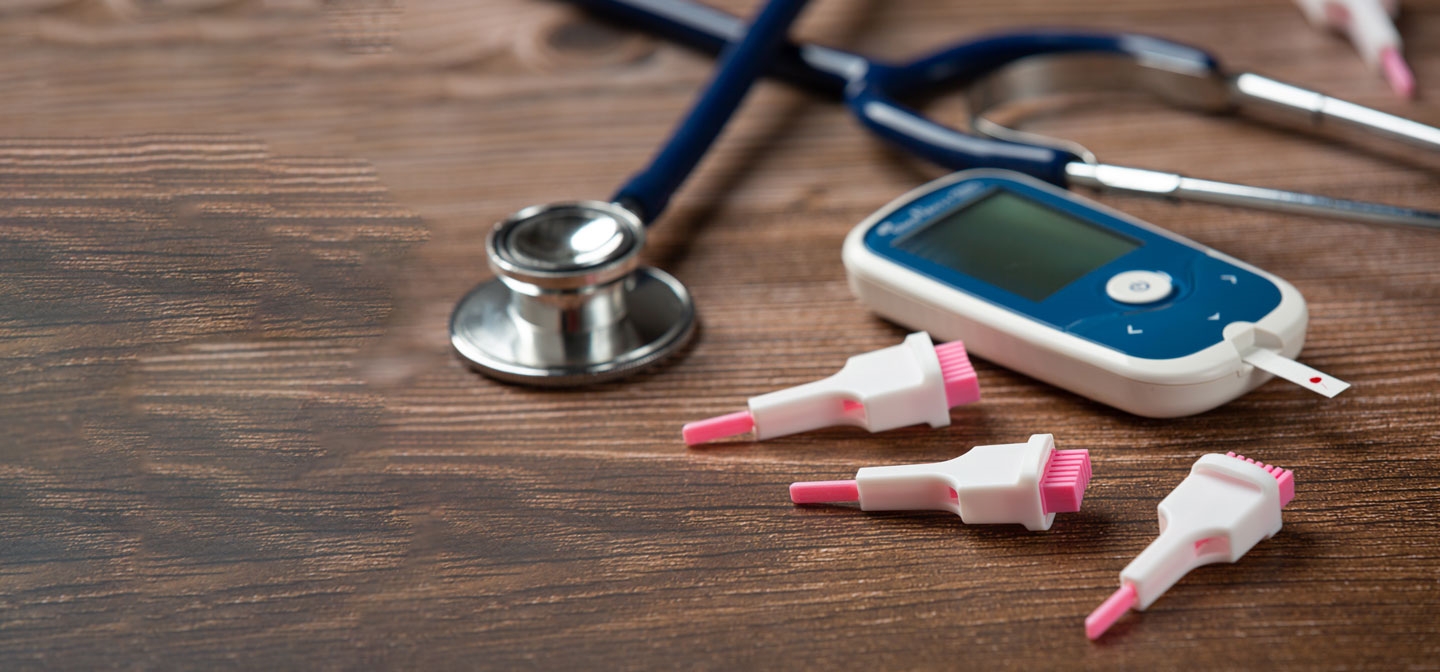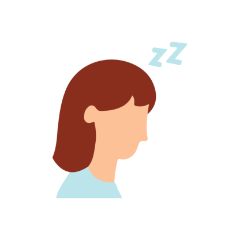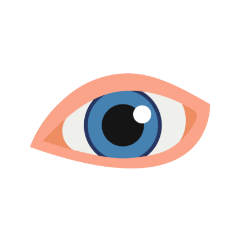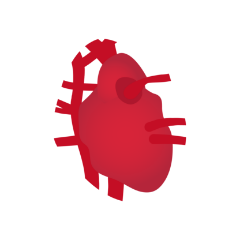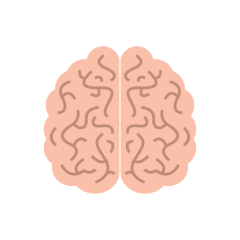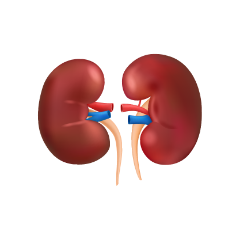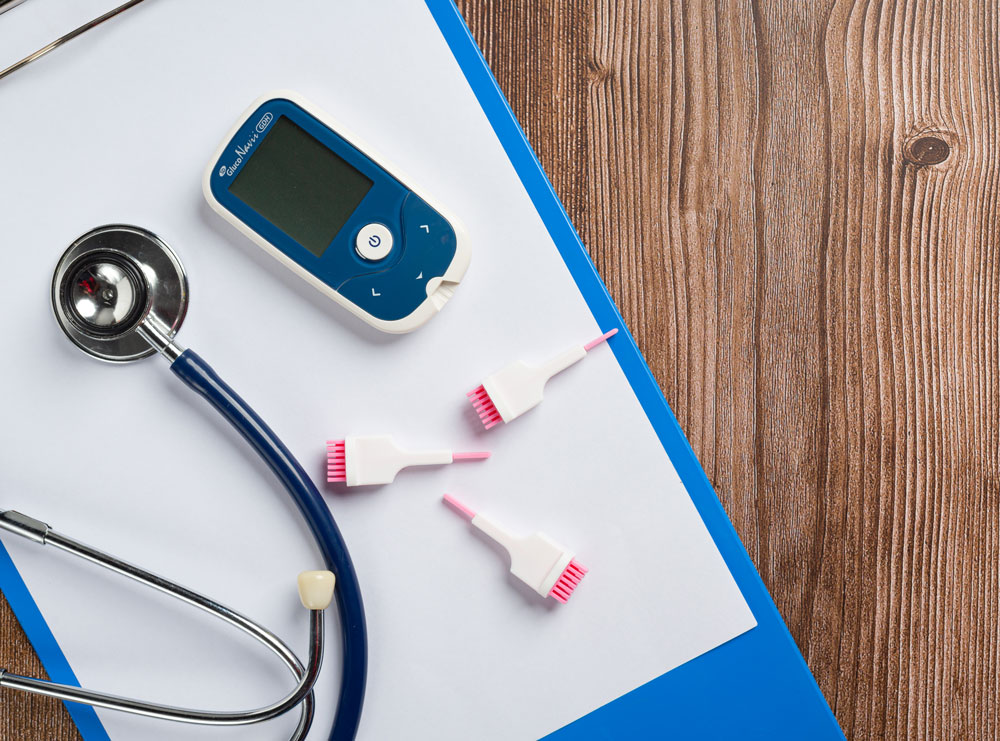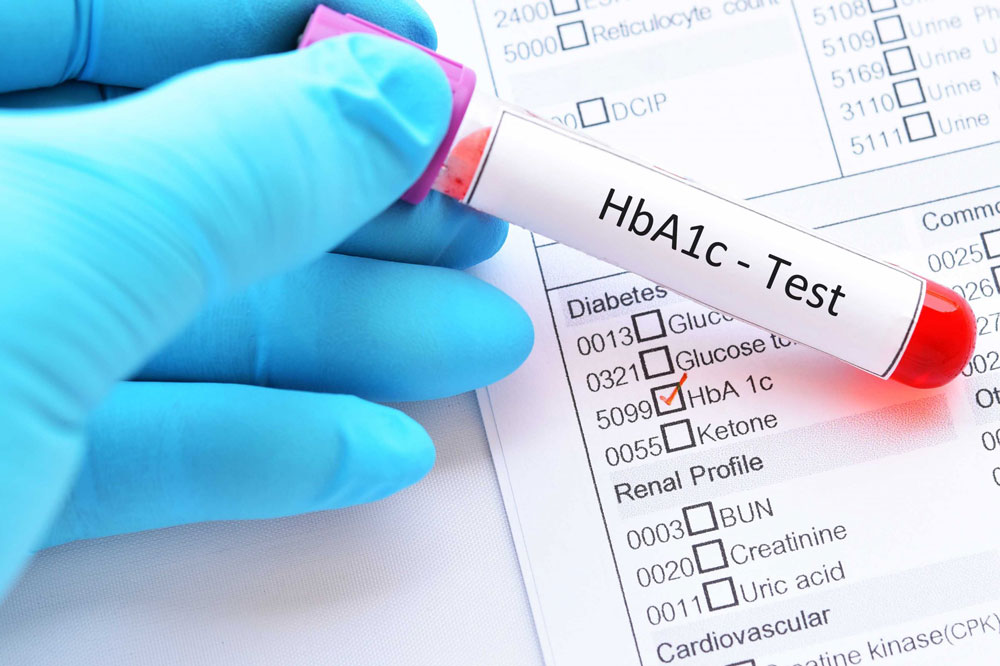Here Is A Guide To Diabetes And Your Treatment
What Is Type 2 Diabetes?
Type 2 diabetes is typically a lifestyle driven disease whereby the glucose in the blood becomes too high. This chronic condition develops over time, whereby your pancreas doesn’t produce enough insulin to regulate the blood glucose levels, and the cells respond poorly to insulin and take in less glucose.
Complications:
What Are The Causes Of Diabetes?
The causes of type 2 diabetes, is where the cells in the muscles, fat and liver become resistant to insulin and the reason for that is excessive consumption of glucose, coming from refined carbohydrates (bread, pasta, cakes, pastries, rice, noodles) and not exercising enough or at the right intensity. Race can also play a role, if you’re south Asian, native American, Hispanic or black you’re at greater risk. Additional factors like gut microbiome imbalances, toxic exposures can also increase the risk of diabetes to occur.


How Do You Know If You Have Diabetes?
Diabetes is diagnosed when your doctor tests your hba1c, your fasting glucose and possibly your post prandial glucose levels. If your Hba1c score is above 6.5%, or your fasting blood glucose is about 125 mg/dl or your post prandial glucose after 2 hours is 200mg/dl then these results are indicative of diabetes. What we’re missing however, is the diagnosis of pre-diabetes or insulin resistance which is only really picked up when assessing fasting insulin or post-prandial insulin levels.
How can Functional Medicine Help?
The objective of all patients is to get better, feel happier and healthier. The question is would patients like their disease ‘managed’ with medications which stabilises their condition, with risks associated with further progression, or would patients like to reverse their condition.
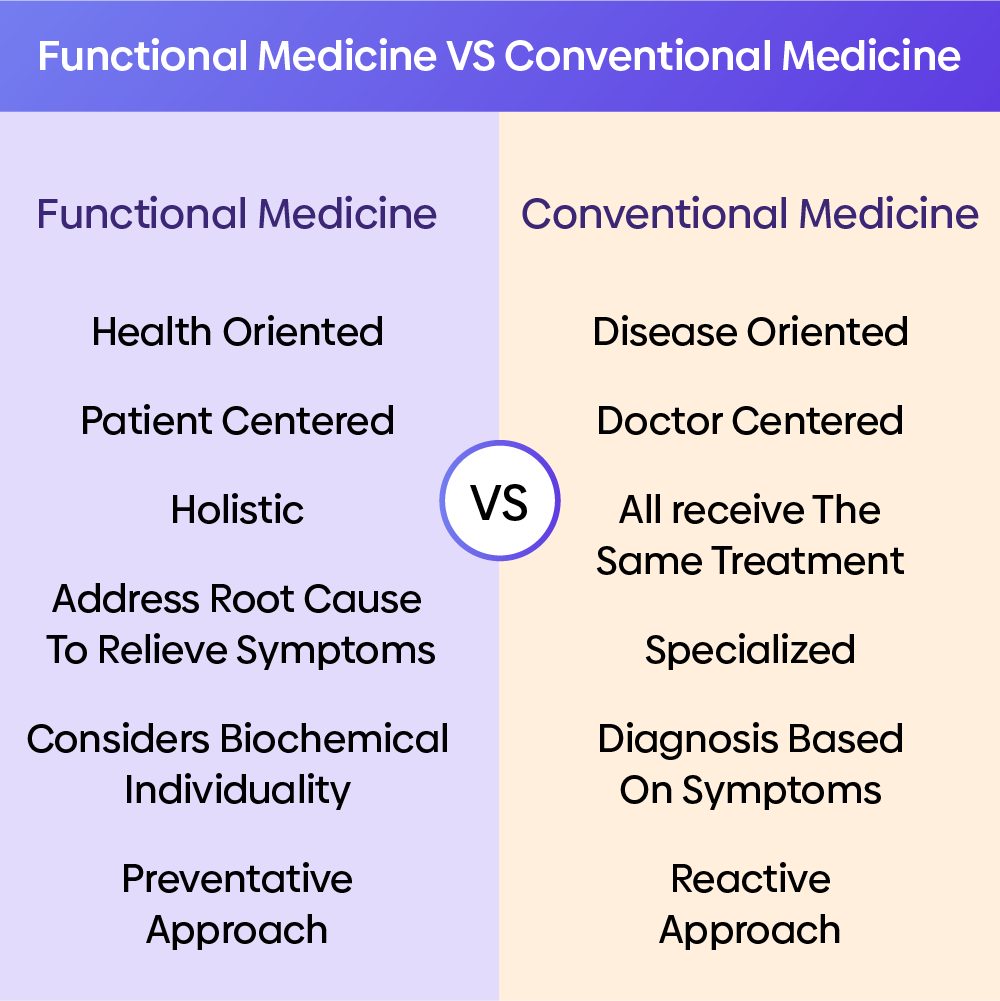
The functional medicine approach to Diabetes corrects the root cause of the condition: poor glucose management. There are many reasons to having poor glucose control, including a high carbohydrate diet, being sedentary, poor sleep, having excessive alcohol and having poor gut microbiome. Most of the time correcting the lifestyle factors of diet, exercise, and sleep will have the biggest impact on diabetes, even reversing the condition. The trick is to stick to specific lifestyle changes and see the changes in the body’s metabolism.
Dietary Strategies for Diabetes
The ketogenic diet is a low-carbohydrate approach that has proven effective in controlling diabetes by lowering blood glucose levels and promoting weight loss.
The ketogenic diet is especially advantageous for weight loss and can benefit those with pre-diabetes or at risk of type 2 diabetes. It is essential to work closely with healthcare professionals to ensure the diet aligns with individual needs and supports diabetes management.

Your journey toward better health begins now
- A free 15-min initial assessment conducted by one of our functional medicine doctors or practitioners.
- Review health condition, current symptoms, lifestyle practices to determine if we can provide assistance.
- We also offer a comprehensive 60-minute session ($1500 HKD) that delves into your full-health history, current symptoms, lifestyle practices, medication and laboratory reports.
- The 60-minute session will include a customised diet and supplement plan, and depending on your condition we’ll optimise your hormones, improve your gut function, detox your body gently and give you specific life hacks to play with to feel great.


Life Changing Programs
Like any new experience or venture, you need guidance, you need that little reminder or encouragement that you’re doing the right thing. We have different packages according to your time commitments and availability. Our coaching packages are for 1, 3 or 6 months and are set up to provide continuous support where needed by our functional medicine coaches supported by our Doctors and practitioners.
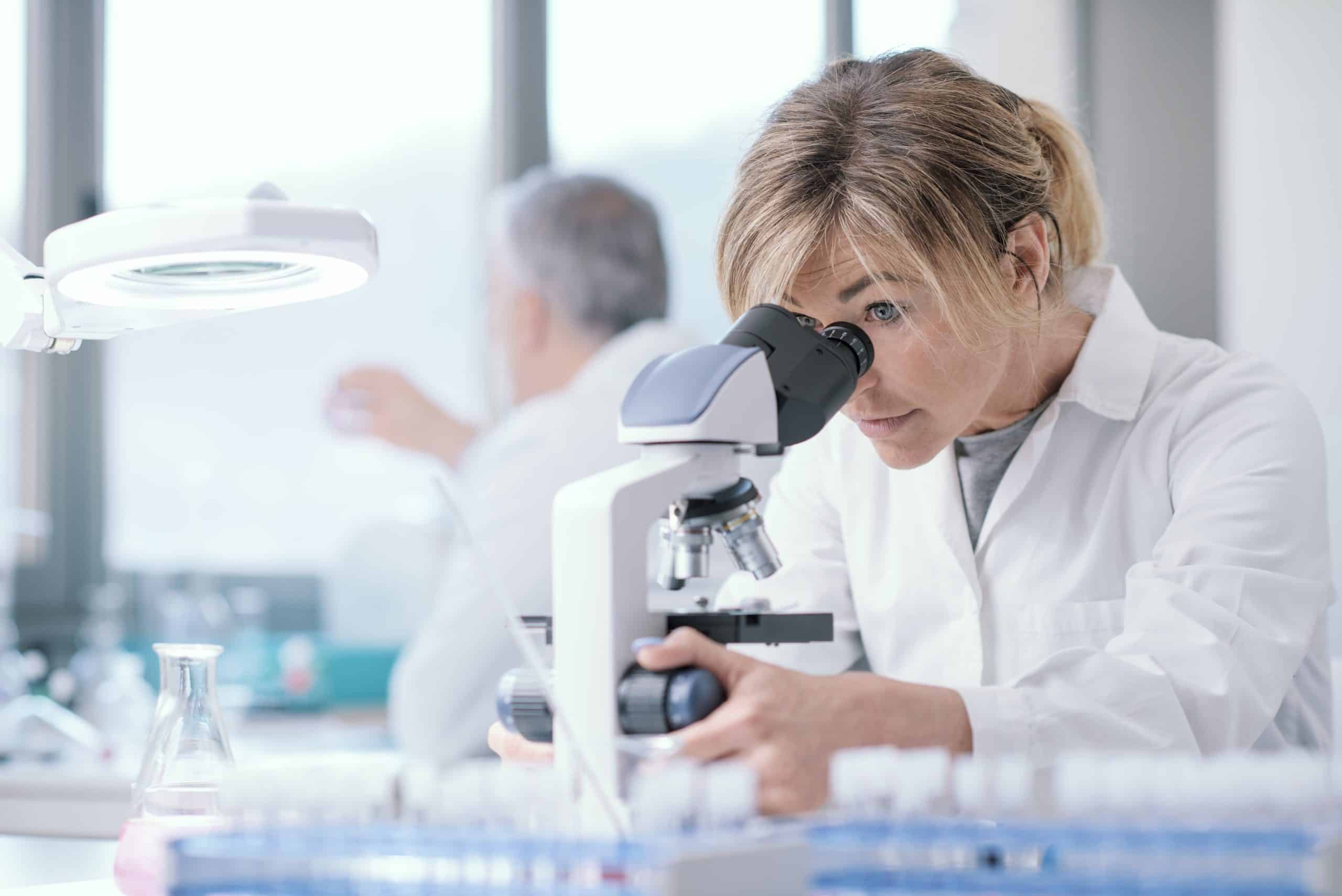
Metabolic & Annual Testing Packages
How’s your metabolism? Get tested and find out, with either our core or comprehensive packages. (For Hong Kong residents only). For international inquiries, check-in with us and we can advise what best panel tests to ask your local doctor to check for.
